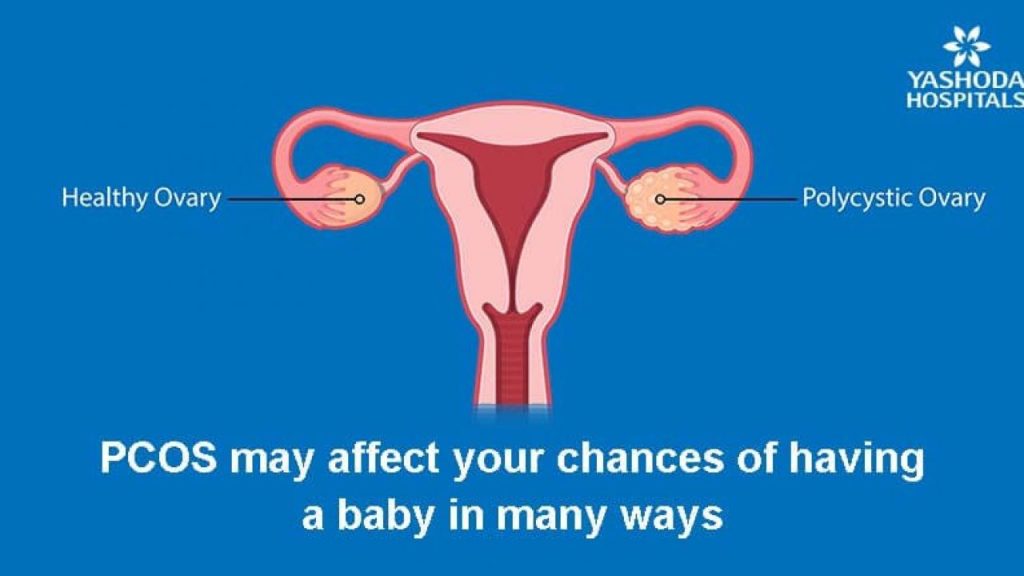Did you know? PCOS affects 4 to 20 percent of women worldwide, making it the most common chronic endocrine disorder among females of reproductive age.
More than half of the women with PCOS often remain unaware of the disease and seek help when they are unable to conceive. If you are worried that either you or your loved ones might be a victim of this disease, you must consult the Best Gynecologist in Karachi.
What Is PCOS?
Polycystic ovarian syndrome occurs when there is an imbalance of hormones in females of reproductive age. Cysts are fluid-filled sacs and in this case, antral follicles (fluid-filled follicles containing an immature egg) in the ovary which fail to mature and ovulate (release of the egg from the ovary). Over time, multiple immature follicles start accumulating in the ovaries which leads to a group of symptoms.
What Causes This Disease?
At present, the exact cause of PCOS is unknown. It is presumed that the excess of androgen (male hormone) leads to failure of ovulation. PCOS often runs in families suggesting that genetics play an important role.
It is also seen that most women with PCOS have insulin resistance which leads to more insulin production from the pancreas, which in turn, raises the androgen levels produced by the ovaries. Since obese people are at risk for developing insulin resistance, they are at a higher risk for developing PCOS as well.
Clinical Features: What It Feels To Have PCOS?
- Hirsutism- Excess hair on the body.
- Irregular periods- Fewer than six to eight periods a month (oligomenorrhea) or no periods at all (amenorrhea).
- Gaining weight- Nearly 4 in 5 women with PCOS become overweight or obese.
- Ance- pimples develop on the face and other parts of the body due to oiler skin because of extra androgens.
- Heavy bleeding- even though the periods are irregular, they last longer than usual; making the endometrial lining (innermost layer of the uterus that sheds) more rich and thick.
- Hyperpigmentation- The skin darkens at various places especially in body creases due to the high amount of insulin.
- Alopecia (hair loss) – leads to male pattern baldness.
What Are The Complications Of PCOS?
The complication after which most of the women usually get their diagnosis is infertility. The other complications include:
- Premature or stillbirth.
- Gestational diabetes.
- Pregnancy-induced high blood pressure.
- Metabolic syndrome (a group of symptoms including high blood pressure, high sugar levels, and high cholesterol that increases the risk for cardiovascular events).
- Type 2 diabetes.
- Abnormal bleeding from the uterus.
- Depression and anxiety due to hormonal imbalance.
- Sleep apnea (breathing repeatedly stops and restarts during sleep)
- Endometrial cancer- a thickened endometrial lining is a risk factor for developing endometrial carcinoma.
How is PCOS Diagnosed?
PCOS is diagnosed when a woman exhibits at least two of the three major symptoms: elevated androgen levels, irregular periods, and ovarian cysts. The diagnosis can be confirmed with a pelvic exam, blood testing, and ultrasound.
So take care of yourself and your loved ones by spreading awareness and seeking help from the Best Gynecologist in Islamabad.

